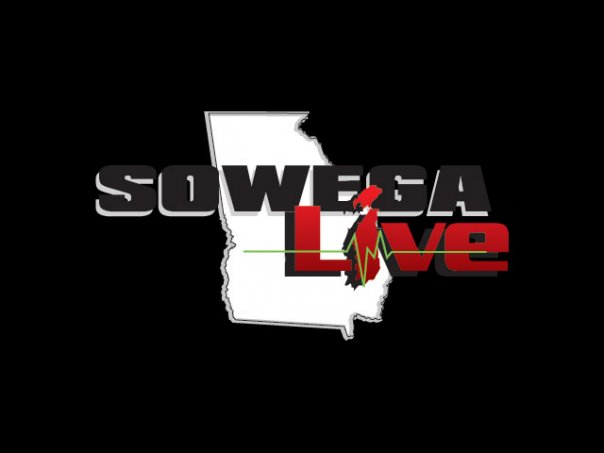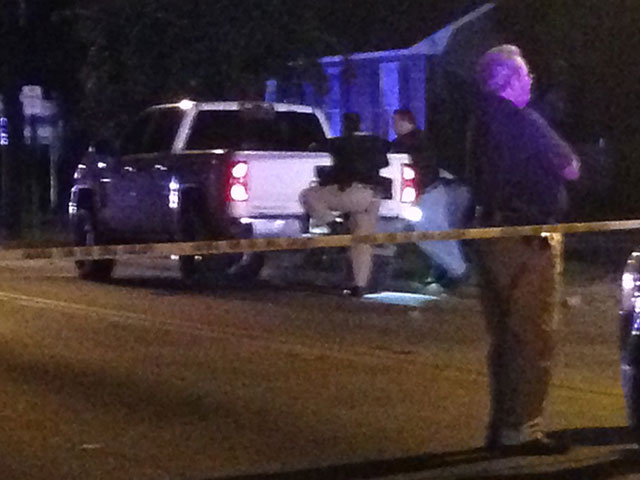

A Bainbridge man was arrested July 2 after police learned that a baby in his custody had been injured and needed hospital treatment, according to Bainbridge Public Safety.
Demarco Dontrey Murphy, 21, of 1105 Lake Drive Apt. 105, Bainbridge, was arrested by BPS on July 2nd and charged with aggravated assault and cruelty to children in the first degree.
According to BPS Investigator Chip Nix, Murphy was keeping a six-month-old baby at his residence when the child allegedly was injured. When the child’s mother came to pick him up, she noticed the baby’s behavior was different and that he was not responding in the way she was used to, Investigator Nix said. The mother also saw what appeared to be physical injuries to the child, so she took him to Memorial Hospital in Bainbridge.
Later, the baby was seen by a doctor at Tallahassee (Fla.) Memorial Hospital. The Tallahassee doctor told police that the baby had internal injuries consistent with “shaken baby syndrome.”
Murphy was brought into Bainbridge Public Safety headquarters on Thursday, July 2 and was arrested after investigators talked with him.
Nix said the baby is expected to recover, but added that because the baby is so young, it is too early to tell whether it will have permanent injuries or disability.
What is a Shaken Baby Syndrome?
 According to the Centers for Disease Control, Shaken Baby Syndrome (SBS), a form of abusive head trauma (AHT) and inflicted traumatic brain injury (ITBI), is a preventable and severe form of physical child abuse. It results from violently shaking an infant by the shoulders, arms, or legs. SBS may result from both shaking alone or from impact (with or without shaking). The resulting whiplash effect can cause bleeding within the brain or the eyes.
According to the Centers for Disease Control, Shaken Baby Syndrome (SBS), a form of abusive head trauma (AHT) and inflicted traumatic brain injury (ITBI), is a preventable and severe form of physical child abuse. It results from violently shaking an infant by the shoulders, arms, or legs. SBS may result from both shaking alone or from impact (with or without shaking). The resulting whiplash effect can cause bleeding within the brain or the eyes.
Nearly all victims of SBS suffer serious health consequences and at least one of every four babies who are violently shaken dies from this form of child maltreatment.
Research shows that shaking most often results from crying or other factors that may trigger the person caring for the baby to become frustrated or angry.
The fact is that crying—including long bouts of inconsolable crying—is normal developmental behavior in infants. The problem is not the crying; however, it’s how caregivers respond to it. Picking up a baby and shaking, throwing, hitting, or hurting him/her is never an appropriate response.
Everyone, from caregivers to bystanders, can do something to prevent SBS. Giving parents and caregivers tools to know how they can cope if they find themselves becoming frustrated are important components of any SBS prevention initiative.
While no one wakes up and says, “Today I plan to shake or harm a baby,” excessive frustration and exhaustion can lead individuals to a breaking point. However, there are other factors that can also increase the risk for an action that can harm a baby. These factors include:
- Having unrealistic expectations about child development and child-rearing
- Having been abused or neglected as a child
- Being a victim or witness to domestic violence
- Being a single parent
The following increases an infant’s risk for being shaken, particularly when combined with a parent or caregiver who’s not prepared to cope with caring for a baby:
- A history of previous child abuse
- Infant prematurity or disability
- Being one of a multiple birth
- Being less than 6 months of age
- Inconsolable and/or frequent crying
For more information on how to prevent shaken baby syndrome, please visit the National Center on Shaken Baby Syndrome or read the CDC’s information on shaken baby syndrome for parents and caregivers.





Thank you for including information on AHT/SBS from the CDC in your article.
Best regards,
Debra Samaha